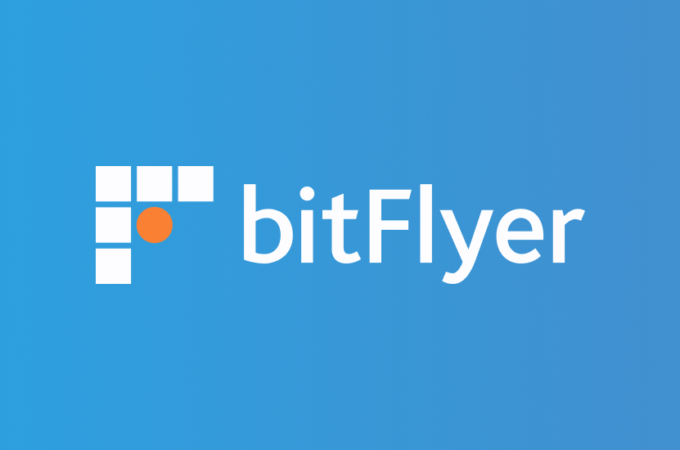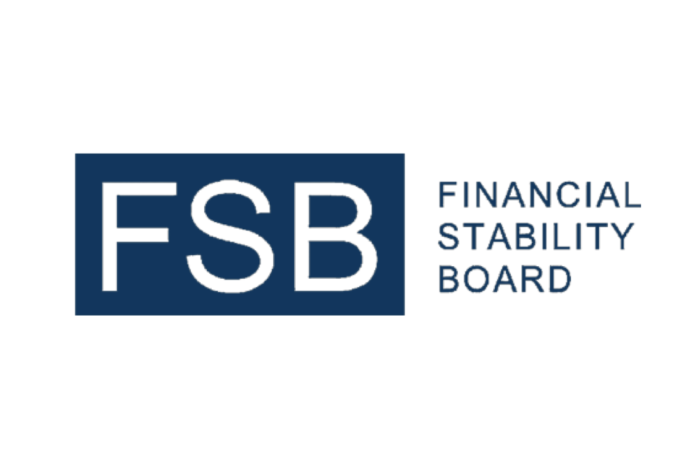
Nigerian Court Orders Binance to Disclose User Data
A Nigerian High Court has issued an interim ruling directing Binance Holdings to provide the Economic and Financial Crimes Commission (EFCC) with comprehensive data on all Nigerian users trading on its platform, according to the local news outlet Peoples Gazette. This directive follows allegations of criminality leveled against Binance by the EFCC, sparking a legal dispute between the cryptocurrency exchange and Nigerian authorities.
The court order, delivered by Justice Emeka Nwite on Feb. 29, stems from an ex parte motion filed by the EFCC, arguing that Binance’s activities in Nigeria may involve elements of criminality. The motion cited violations of Nigerian anti-money laundering laws and the EFCC Act, mandating reporting of suspicious transactions to authorities.
In an affidavit submitted to the court, EFCC operative Hamma Bello highlighted the agency’s need to investigate alleged instances of money laundering and terrorism financing facilitated through Binance’s platform. Bello identified activities such as price discovery, confirmation, and market manipulation, which reportedly led to distortions in the foreign exchange market and devaluation of the Nigerian naira.
Nigeria, known for its burgeoning crypto economy, has emerged as one of the fastest-growing markets for cryptocurrencies globally. However, regulatory scrutiny has intensified amid concerns over illicit financial activities facilitated by crypto platforms like Binance.
The court’s ruling underscores the Nigerian government’s efforts to regulate and monitor crypto transactions within its jurisdiction. Nigerian authorities have previously demanded user information from Binance, including details of the top 100 users and transaction histories, as part of their investigation into alleged illegal capital outflows.
The legal dispute between Binance and Nigerian authorities has escalated, with the detention of two senior executives from the cryptocurrency exchange. Tigran Gambaryan and Nadeem Anjarwalla have been held in Nigeria for over four weeks, with their detention extended pending further court proceedings.
While Binance has faced allegations of enabling illegal capital flows amounting to billions of dollars, the cryptocurrency exchange has denied any wrongdoing. However, the company’s refusal to comply with Nigerian authorities’ requests for user data has exacerbated tensions between the two parties.
In response to the court order, Binance and the EFCC are expected to continue their legal battle, with implications for the future regulation of crypto exchanges in Nigeria. The outcome of this dispute will likely have significant ramifications for the broader crypto industry in the country, as well as for Binance’s operations in the region.





